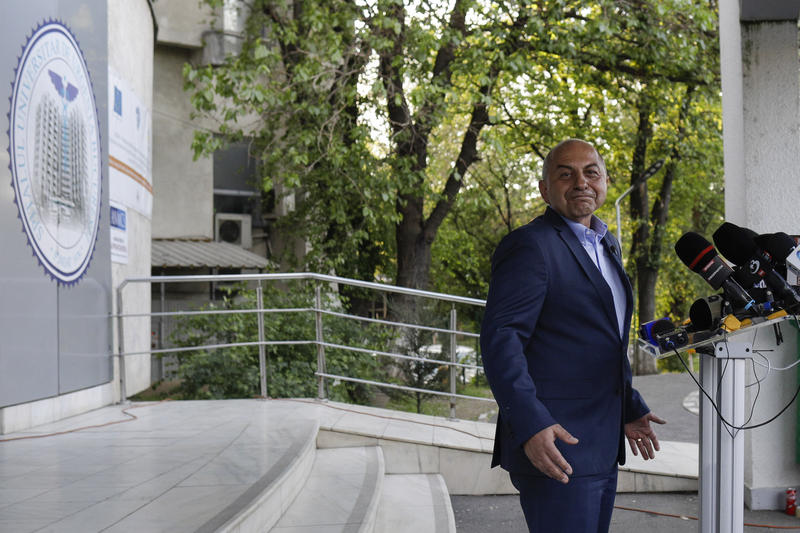The search for truth about who and how many in Romania collaborated with the secret police of the Communist regime reaches a new phase these days with media reports on children-collaborators and investigations on far-right leader Corneliu Vadim Tudor.
The newspapers also explore the impressions of Romanians who have returned home from Lebanon, the might of hackers and the Chinese business of an Italian in Romania.
The spokesman of the National Council for the Study of the Securitate Archives - CNSAS, a body investigating who collaborated with ex-dictator Nicolae Ceausescu’s secret police, showed journalists yesterday a series of documents proving children were used as informers under the communist regime.
Curentul wonders why this shocking revelation comes so late, in a time where the issue of children informers were raised due to the inclusion of young journalists on a list of people a media organization says should be checked for possible Securitate activities.
Adevarul compares the Securitate moves to have children provide information about the private life of their parents with similar moves in China and by STASI in East Germany. It reports that some 70% of Chinese people placed in reeducation camps during the Cultural Revolution were sentenced by their own children.
Ziua pushes the controversy further and says most of the children-informers networks now work for the Romanian Intelligence Service and the Foreign Intelligence Service.
For its part, Cotidianul reports that the CNSAS decided yesterday to push for a legislation change that would introduce a new category of Securitate informers - people who signed Securitate documents, but were not involved in political police activities.
And Evenimentul Zilei focuses on another side of the Securitate debate currently developing in Romania. It reports the CNSAS will check again the files of the former secret police including the name of Corneliu Vadim Tudor, leader of the far-right Greater Romania Party (PRM).
The move comes as a result of the request by a media association, the Civic Media, that the names of several hundred journalists - Vadim Tudor included, as head of a periodical - be checked for potential Securitate links.
The newspaper shows CV Tudor had already obtained from the CNSAS a decision in 2004 that he was not involved in such activities, but the decision remained mired in controversy.
Meanwhile, Cotidianul reports the withdrawal of Romanian citizens from the conflict-stricken Lebanon. “Romania withdraws its export of belly dancers and wives from Lebanon”, the newspaper headlines, in a feature describing those who returned or were planning to return from the Middle East these days.
Evenimentul Zilei also describes the overwhelming feelings of the several hundred Romanians who returned home on Monday night, with the joy of seeing the loved ones again and the anger of a refugee forced away from his lodge while thanking God he escaped alive.
Elsewhere in the newspapers, Gandul writes that a network of hackers tried to copy the PIN numbers of credit cards of thousands of Romanians with accounts at four banks in the country, including the Romanian Commercial Bank - BCR.
The phishing attempt was discovered by the BCR and the IT company Softwin and the network of card thieves was turned to the police.
And Cotidianul reports a spectacular situation in the Eastern Romanian city of Bacau. Some 70 Chinese citizens work at a textile company run by an Italian citizen there and their number is expected to rise steadily to some 4000.
The Italian pays considerable money to bring Chinese workers legally into Romania and have them work for his plant because he no longer finds Romanians interested in doing such work, as most locals are more interested in working abroad.



















